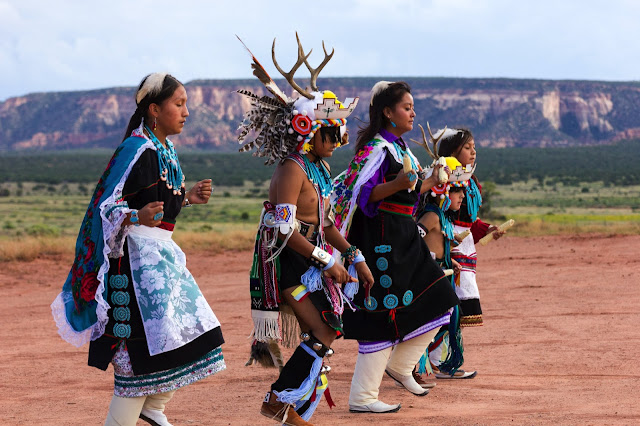Montana Voting-Rights Backlash: Governor Calls Legislators “Worse than Washington”
Published in Indian Country Today in 2013. For more on topics like this, see my book, American Apartheid: The Native American Struggle....
Montana state senator Sharon
Peregoy appears to have been ejected from the senate’s ethics committee—for
pounding on her desk during a rowdy protest of all Democratic senators in that
legislative body on Friday, April 5, said Peregoy, who is Crow. The Democrats, who
are in the minority, had attempted to block majority Republicans from passing
two bills seeking to restrict voting rights, according to Peregoy.
When the Senate’s Republican
president Jeff Essman ignored a Democratic motion, the minority members stood, shouted
and banged on their desks for 15 minutes, as observers in the second-floor
gallery surrounding the chamber stamped, screamed and whistled. With Essman
bellowing over the ruckus, Republicans passed the measures and sent them to the
House.
“The voting measures were
among numerous anti-Indian bills the Senate has taken up,” said Peregoy. “I’ve
never seen so many in one session—including water compacts, the size and range
of bison herds and more.” Peregoy is one of three Native members of the
50-member Montana senate; the 100-member house has an additional five Natives.
One of the voting bills calls
for a statewide referendum to end Election-Day registration. If it succeeds,
Montanans will have to register to vote by 5 PM the preceding Friday. Essman
told the Great Falls Tribune that
this would prevent long lines on Election Day, confusion and potential fraud.
Reservation residents will
be hit hard, said Peregoy. “In a recent election, 14 percent of those utilizing
this option were Indians, which is about double their proportion of the
electorate. Some people are doing everything they can—gerrymandering and more—to
stack things against Indian voting.”
The fraud issue is a
distraction, according to Secretary of State Linda McCulloch, whose office audits
Montana elections. She wrote in a Billings
Gazette editorial, “Voter fraud—votes
knowingly cast by ineligible individuals—does not exist in Montana.”
The other election-related
bill seeks a statewide referendum to restrict third-party participation. Using
referenda to achieve these changes avoids a potential veto by Governor Steve
Bullock, a Democrat.
After the stormy legislative
session, Bullock said there was “no more important right than the one to vote.”
He deplored the majority senators’ action, calling them “worse than Washington”
and saying they would disenfranchise many would-be voters who had a recent change
of address, from soldiers to college students.
Peregoy, who retains her
other committee memberships, including water policy and state-tribal relations,
was ejected from the ethics committee by an uber-panel—the Committee on
Committees, she said. On Tuesday, April 9, ethics chair Elsie Arntzen, a
Republican, was still in the dark about exactly what had happened. “We’re
usually a very collegial group, and I greatly value Sharon Peregoy’s insights,”
said Arntzen. “This has all been very challenging.”
Peregoy saw the elections bills
as part of a backlash against the Indian vote, which over the past decade has
emerged as a deciding factor in elections throughout the West. Montana Indians
have elected many Democrats to statewide positions, ensured that Jon Tester
held onto his U.S. Senate seat in 2012, and helped the national Democratic party
retain control of the Senate last fall.
Montana Natives also
recently brought an important voting-rights lawsuit, Wandering Medicine v. McCulloch, in which tribal members seek
on-reservation early-voting offices, which help increase election participation.
(See “NCAI, DOJ
Weigh in on Behalf of Native Voting Rights Plaintiffs.”)
c. Stephanie Woodard.


